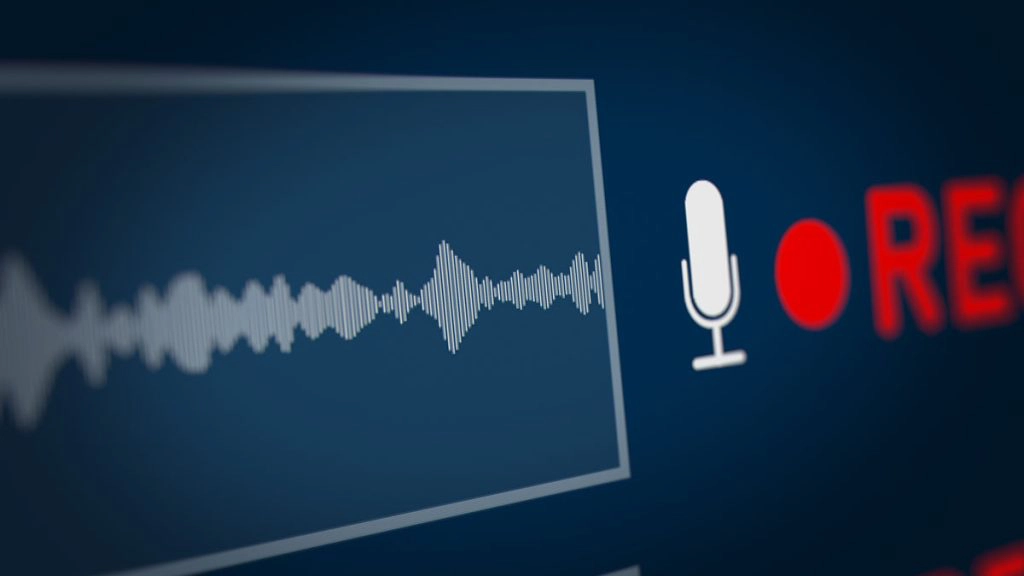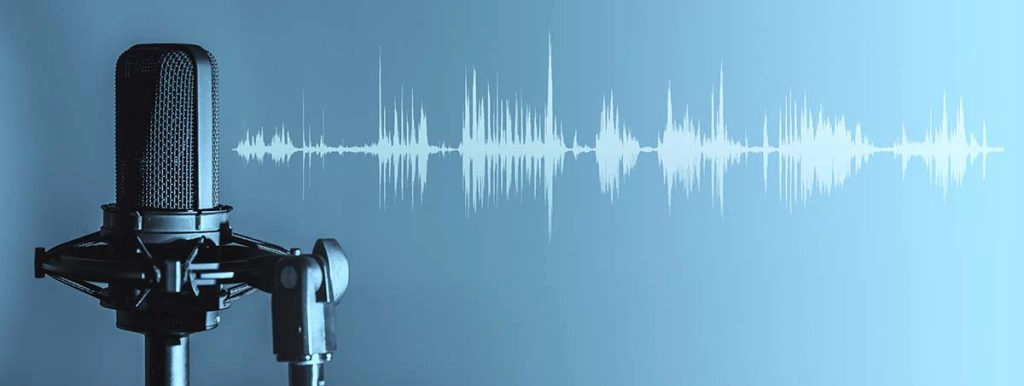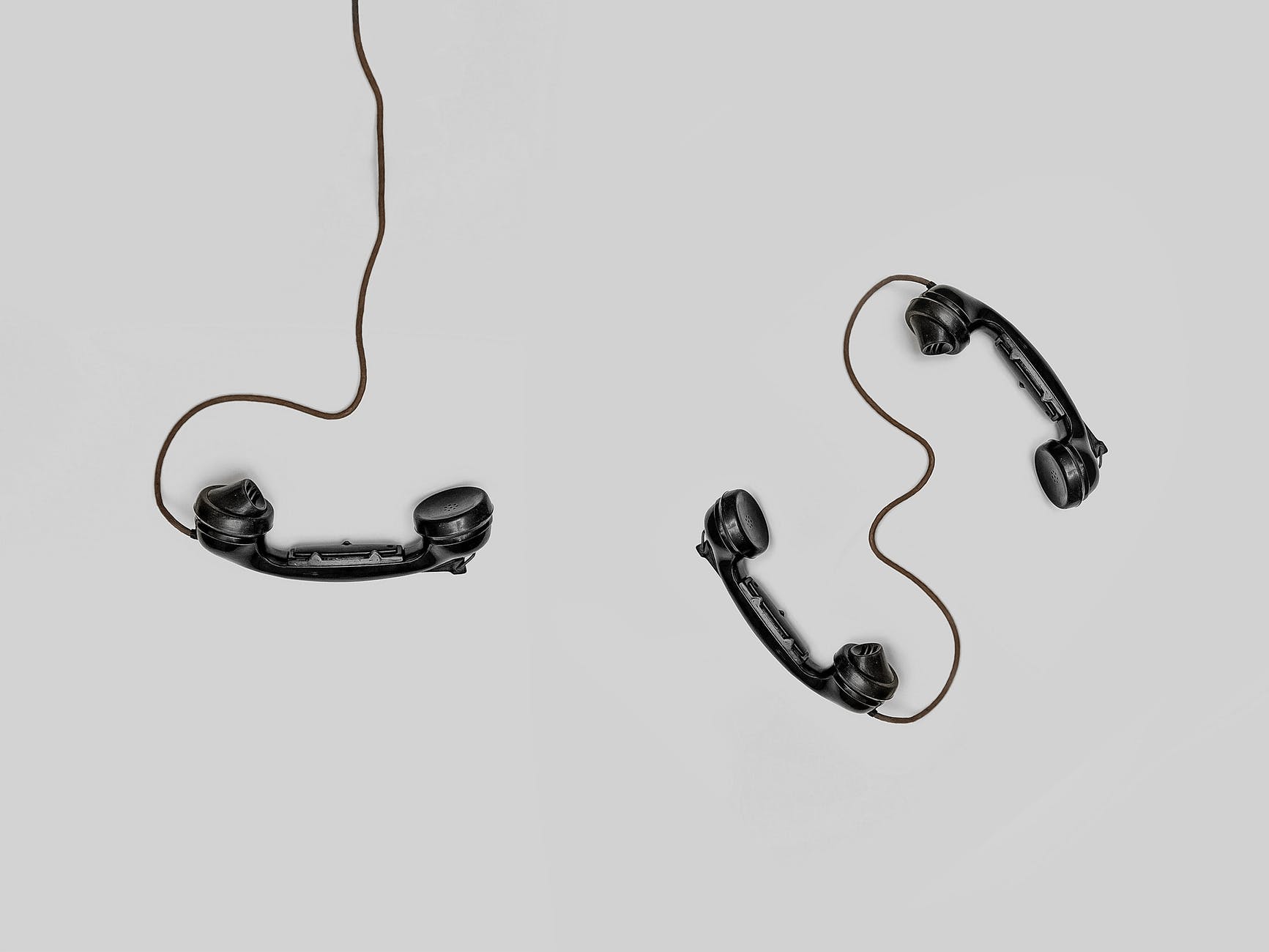- Ohio Recording Law Summary:
- The Legal Foundation
- What's Covered
- One-Party vs. Two-Party Consent Explained
- Can You Record Phone Calls in Ohio?
- Recording Calls Across State Lines
- Business Call Recording
- When Is It Legal?
- The Public Place Exception
- When Is It Illegal?
- What About Recording in Your Own Home?
- Public Spaces
- Private Property and Privacy
- Can Your Employer Record You?
- Can You Record Your Employer?
- Can You Record Police Officers in Ohio?
- Recording Government Meetings
- Can I Record My Landlord in Ohio?
- Can I Record My Doctor in Ohio?
- Can I Record ODJFS Workers?
- Can I Record My Ex-Spouse or Co-Parent?
- Can I Use a Dashcam in Ohio?
- Are Recordings Admissible in Court?
- Criminal Cases vs. Civil Cases
- Criminal Penalties (Ohio Rev. Code § 2933.52)
- Civil Liability (Ohio Rev. Code § 2933.62)
- Is Ohio a one-party consent state?
- Is Ohio a two-party consent state?
- Can I record a conversation without the other person knowing in Ohio?
- Can I sue someone for recording me in Ohio?
- Do I need to tell someone I'm recording in Ohio?
- Can I record a Zoom call in Ohio?
- What is the penalty for illegal recording in Ohio?
- Can recordings be used in divorce court in Ohio?
- Can I record public conversations in Ohio?
- Two-Party Consent States

Ohio Recording Law Summary: 
Last Updated: January 2025 | Verified against current Ohio Rev. Code Chapter 2933
Quick Answer
Ohio is a one-party consent state. You can legally record phone calls and in-person conversations as long as you’re a party to the conversation or have consent from at least one participant. Violating Ohio’s wiretapping laws is a felony offense with significant civil liability.
| Key Point | Answer |
|---|---|
| Consent Type | One-Party |
| Can you record your own calls? | Yes |
| Must you inform others? | No |
| Primary Statute | Ohio Rev. Code § 2933.52 |
| Criminal Penalty | Felony |
| Civil Damages | $200/day or $10,000 minimum |
Our recommended Digital Voice Recorder.
Understanding Ohio’s Recording Laws
The Legal Foundation
Ohio’s wiretapping and electronic surveillance laws are found in Chapter 2933 of the Ohio Revised Code. The key statutes are:
- Ohio Rev. Code § 2933.52 – Interception of wire, oral or electronic communications
- Ohio Rev. Code § 2933.53 – Exceptions to prohibition
- Ohio Rev. Code § 2933.62 – Civil remedies for violations
Under § 2933.52, it’s illegal to intercept, attempt to intercept, or procure another to intercept any wire, oral, or electronic communication without the consent of at least one party.
What’s Covered
Ohio’s recording law applies to:
- Wire communications – Phone calls, including cell phones and VoIP
- Oral communications – In-person conversations where there’s a reasonable expectation of privacy
- Electronic communications – Digital communications, emails in transit
One-Party vs. Two-Party Consent Explained
In a one-party consent state like Ohio, only one person in the conversation needs to know about and consent to the recording. That person can be you. You don’t need to announce “this call is being recorded” or get anyone else’s permission.
In contrast, two-party (or all-party) consent states like California require everyone in the conversation to agree to be recorded.
Recording Phone Calls in Ohio

Can You Record Phone Calls in Ohio?
Yes. Under Ohio Rev. Code § 2933.52, you can record any phone call you’re participating in without informing the other party. This applies to:
- Landline calls
- Cell phone calls
- VoIP calls (Zoom, Teams, Google Meet, etc.)
- Video calls
Recording Calls Across State Lines
If you’re in Ohio calling someone in a two-party consent state, the stricter law typically applies. States requiring all-party consent include:
- California
- Connecticut
- Florida
- Illinois
- Maryland
- Massachusetts
- Montana
- Nevada (for phone calls)
- New Hampshire
- Pennsylvania (nearby)
- Washington
Best practice: When calling people in two-party consent states, either inform them or get explicit consent to be safe.
Business Call Recording
Ohio businesses can record calls for quality assurance, training, or compliance. While not legally required, many businesses choose to provide notice. Consent can be obtained through:
- Verbal consent before the call begins
- A recorded announcement (“This call may be recorded…”)
- A periodic beep tone during the call
Recording In-Person Conversations
When Is It Legal?
You can record in-person conversations in Ohio when:
- You’re participating in the conversation
- You’re in a public place where there’s no reasonable expectation of privacy
- You have consent from at least one party (which can be yourself)
The Public Place Exception
Ohio law recognizes that some conversations have no expectation of privacy. You may not need consent to record:
- Conversations in public places like streets, parks, or restaurants
- Conversations where speakers are talking loudly enough for others to overhear
- Communications that are not “oral communications” as defined by the statute
Note: This exception doesn’t apply if you’re using highly sensitive recording equipment to pick up conversations you couldn’t otherwise hear.
When Is It Illegal?
Recording is illegal in Ohio when:
- You’re not a party to the conversation and don’t have consent
- You’re eavesdropping on someone else’s private conversation
- You’re using illegally obtained recordings for any purpose
What About Recording in Your Own Home?
You can record conversations in your own home if you’re participating. However, you cannot:
- Plant a hidden device and leave to record others without being present
- Record guests in areas with privacy expectations (bathrooms, guest bedrooms)
- Record intimate activities without consent
Ohio Video Recording Laws

Public Spaces
Ohio has no general prohibition on video recording in public spaces. You can:
- Film on public streets, parks, and sidewalks
- Record public meetings and government proceedings
- Use dashcams in your vehicle
- Film public protests or demonstrations
Private Property and Privacy
On private property, the property owner sets the rules. Ohio also has laws that prohibit:
- Voyeurism (Ohio Rev. Code § 2907.08)
- Recording someone in a location where they have a reasonable expectation of privacy
- Non-consensual dissemination of private sexual images
If you are recording someone’s likeness for business purposes, you should ensure that you gain proper consent by having them fill out a photo or video consent form.
Recording in the Workplace
Can Your Employer Record You?
Ohio employers can generally record in common work areas where employees don’t have a privacy expectation. However, employers cannot record in:
- Bathrooms
- Locker rooms
- Changing areas
Can You Record Your Employer?
Yes. As a one-party consent state, you can record conversations with your boss, HR, coworkers, or anyone else at work – as long as you’re part of the conversation. This can be valuable for:
- Documenting harassment or discrimination
- Recording performance reviews
- Protecting yourself in disputes
- Preserving important instructions
Caution: Your employer may have policies against recording. While recording is legal under Ohio law, violating company policy could result in termination.
Recording Police and Government Officials
Can You Record Police Officers in Ohio?
Yes. The First Amendment protects your right to record law enforcement officers performing their duties in public. In Ohio, you can:
- Film traffic stops (including your own)
- Record arrests happening in public
- Document interactions with police
- Livestream encounters
Important limitations:
- Don’t interfere with police operations
- Don’t trespass to get a better angle
- Follow lawful orders to step back (within reason)
- Don’t obstruct the officer’s duties
Recording Government Meetings
Ohio’s Open Meetings Act (Ohio Rev. Code § 121.22) requires most government meetings to be open to the public. Recording of public meetings is generally permitted. You can record:
- City council meetings
- County commissioner meetings
- School board meetings
- State legislative proceedings
- Public hearings
Specific Situations
Can I Record My Landlord in Ohio?
Yes, if you’re part of the conversation. Recording interactions with landlords can help document:
- Verbal agreements about repairs
- Harassment or illegal entry
- Disputes about lease terms
- Evidence for tenant rights cases
Can I Record My Doctor in Ohio?
Yes, you can record medical appointments you attend. This can be helpful for:
- Remembering complex medical instructions
- Documenting informed consent discussions
- Having a record of diagnoses
- Sharing information with family caregivers
Can I Record ODJFS Workers?
Yes. Ohio Department of Job and Family Services (ODJFS) workers are government employees, and you can record your interactions with them as long as you’re participating in the conversation.
Can I Record My Ex-Spouse or Co-Parent?
Yes, during conversations you’re part of. This is common in custody disputes. However:
- Don’t record your children’s private conversations without being present
- Don’t use children to secretly record the other parent
- Consider how recordings may be viewed by Ohio family courts
Can I Use a Dashcam in Ohio?
Yes. Dashcams are legal in Ohio. There are no specific laws restricting their use, but you should:
- Mount the camera so it doesn’t obstruct your view
- Be aware that audio recording follows one-party consent rules
- Check if your insurance offers dashcam discounts
Using Recordings as Evidence in Ohio
Are Recordings Admissible in Court?
Recordings made legally under Ohio’s one-party consent law are generally admissible as evidence. However, courts may consider:
- Authentication – Can you prove the recording is genuine and unaltered?
- Relevance – Does the recording matter to the case?
- Hearsay rules – Some statements may be excluded
- Prejudicial vs. probative value – Does it unfairly influence the jury?
Criminal Cases vs. Civil Cases
- Criminal cases: Illegally obtained recordings are typically inadmissible and may result in criminal charges against you
- Civil cases: Rules can be more flexible, but illegally obtained evidence may still be excluded
Penalties for Illegal Recording in Ohio

Criminal Penalties (Ohio Rev. Code § 2933.52)
Violating Ohio’s wiretapping laws is a felony offense.
| Offense | Classification | Potential Penalty |
|---|---|---|
| Illegal interception | Felony | Up to several years prison, substantial fines |
| Using illegal interception device | Felony | Up to several years prison, substantial fines |
| Disclosing illegally obtained communications | Felony | Up to several years prison, substantial fines |
Civil Liability (Ohio Rev. Code § 2933.62)
Ohio provides substantial civil remedies for victims of illegal recording:
- Actual damages
- Liquidated damages of $200 per day of violation, with a minimum of $10,000
- Punitive damages for willful violations
- Attorney’s fees and litigation costs
- Two-year statute of limitations for civil actions
Frequently Asked Questions

Is Ohio a one-party consent state?
Yes. Ohio is a one-party consent state, meaning you can record any conversation you’re part of without informing other participants.
Is Ohio a two-party consent state?
No. Ohio does not require all parties to consent to recording. Only one party needs to consent, and that party can be you.
Can I record a conversation without the other person knowing in Ohio?
Yes. As a participant in the conversation, you can record without telling the other person.
Can I sue someone for recording me in Ohio?
Only if the recording was illegal – meaning you were recorded without your consent by someone who wasn’t part of the conversation. If someone you were talking to recorded you, that’s legal in Ohio.
Do I need to tell someone I’m recording in Ohio?
No. There’s no legal requirement to inform others that you’re recording a conversation you’re part of.
Can I record a Zoom call in Ohio?
Yes, if you’re a participant in the call. Note that Zoom has its own recording features and may notify participants depending on settings.
What is the penalty for illegal recording in Ohio?
Illegal wiretapping is a felony. Civil liability includes minimum damages of $10,000 plus $200 per day of violation, attorney fees, and potentially punitive damages.
Can recordings be used in divorce court in Ohio?
Yes, legally obtained recordings can be used as evidence in divorce proceedings. Courts often allow them to document communications about custody, finances, or misconduct.
Can I record public conversations in Ohio?
Yes. Conversations in public places where there’s no reasonable expectation of privacy may be recorded without consent requirements.
Related Ohio Laws
- Ohio Car Seat Laws
- Ohio Child Support Laws
- Ohio Hit and Run Laws
- Ohio Lemon Law
- Ohio Sexting Laws
- Ohio Statute of Limitations
- Ohio Whistleblower Laws
Sources and Legal References
| Source | Link |
|---|---|
| Ohio Rev. Code § 2933.52 | Ohio Legislature |
| Ohio Rev. Code § 2933.53 | Ohio Legislature |
| Digital Media Law Project | DMLP |
| Ohio Open Meetings Act | Ohio Legislature |
Disclaimer: This information is provided for educational purposes and should not be considered legal advice. Recording laws can be complex, and specific situations may have unique considerations. If you have questions about your particular circumstances, consult with a licensed Ohio attorney.
One-Party Consent States Reference
The following table provides a quick reference to all one-party consent states in the United States.
| State | Summary | Key Statute |
|---|---|---|
| Alabama | One-party consent. | Ala. Code § 13A-11-30 |
| Alaska | One-party consent. | AS 42.20.310 |
| Arizona | One-party consent. | ARS 13-3005 |
| Arkansas | One-party consent. | Ark. Code § 5-60-120 |
| Colorado | One-party consent. | C.R.S. § 18-9-303 |
| District of Columbia | One-party consent. | D.C. Code § 23-542 |
| Georgia | One-party for audio; all-party for video in private places. | O.C.G.A. § 16-11-62 |
| Hawaii | One-party consent. | HRS § 803-42 |
| Idaho | One-party consent. | Idaho Code § 18-6702 |
| Indiana | One-party consent. | Ind. Code § 35-33.5-5 |
| Iowa | One-party consent. | Iowa Code § 808B.2 |
| Kansas | One-party consent. | K.S.A. 21-6101 |
| Kentucky | One-party consent. | KRS 526.020 |
| Louisiana | One-party consent. | La. R.S. 15:1303 |
| Maine | One-party consent. | 15 M.R.S.A. § 710 |
| Minnesota | One-party consent. | Minn. Stat. § 626A.02 |
| Mississippi | One-party consent. | Miss. Code Ann. § 41-29-531 |
| Missouri | One-party consent. | Mo. Rev. Stat. § 542.402 |
| Nebraska | One-party consent. | Neb. Rev. Stat. § 86-290 |
| Nevada | One-party for oral; ALL-PARTY for wire/phone. | Nev. Rev. Stat. § 200.620 |
| New Jersey | One-party consent. | N.J. Stat. Ann. § 2A:156A-4 |
| New Mexico | One-party consent. | N.M. Stat. Ann. § 30-12-1 |
| New York | One-party consent. | N.Y. Penal Law § 250.05 |
| North Carolina | One-party consent. | N.C. Gen. Stat. § 15A-287 |
| North Dakota | One-party consent. | N.D. Cent. Code § 12.1-15-02 |
| Ohio | One-party consent. $10,000 min civil damages. | Ohio Rev. Code § 2933.52 |
| Oklahoma | One-party consent. | Okla. Stat. tit. 13, § 176.4 |
| Rhode Island | One-party consent. | R.I. Gen. Laws § 11-35-21 |
| South Carolina | One-party consent. | S.C. Code Ann. § 17-30-30 |
| South Dakota | One-party consent. | S.D. Codified Laws § 23A-35A-20 |
| Tennessee | One-party consent. | Tenn. Code Ann. § 39-13-601 |
| Texas | One-party consent. | Tex. Penal Code § 16.02 |
| Utah | One-party consent. | Utah Code Ann. § 77-23a-4 |
| Vermont | One-party consent (case law). | Case law |
| Virginia | One-party consent. | Va. Code Ann. § 19.2-62 |
| West Virginia | One-party consent. | W. Va. Code § 62-1D-3 |
| Wisconsin | One-party consent. | Wis. Stat. § 968.31 |
| Wyoming | One-party consent. | Wyo. Stat. Ann. § 7-3-702 |
Federal Law: Under the ECPA and 18 U.S. Code § 2511, federal law operates as one-party consent.
Two-Party Consent States
The following states require all parties to consent:
- California
- Connecticut
- Delaware
- Florida
- Illinois
- Maryland
- Massachusetts
- Michigan
- Montana
- New Hampshire
- Oregon
- Pennsylvania
- Washington
Visit our Two-Party Consent States guide for details.
